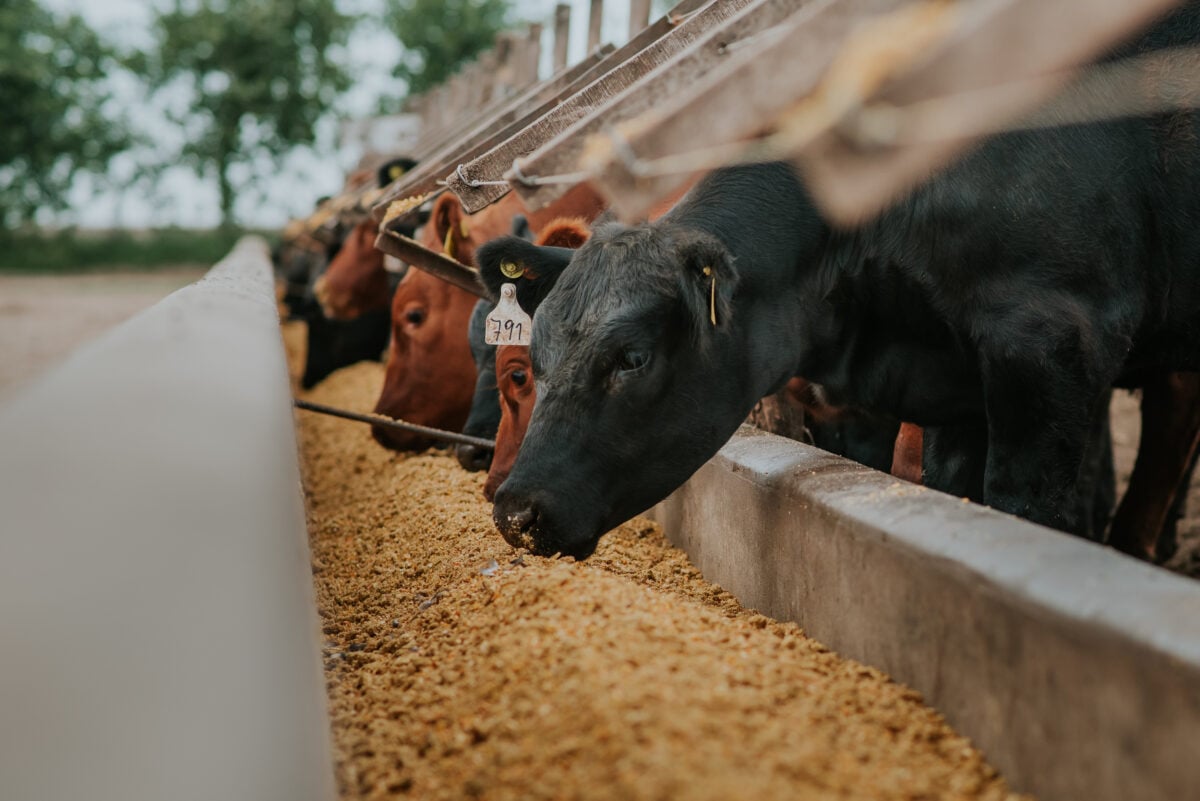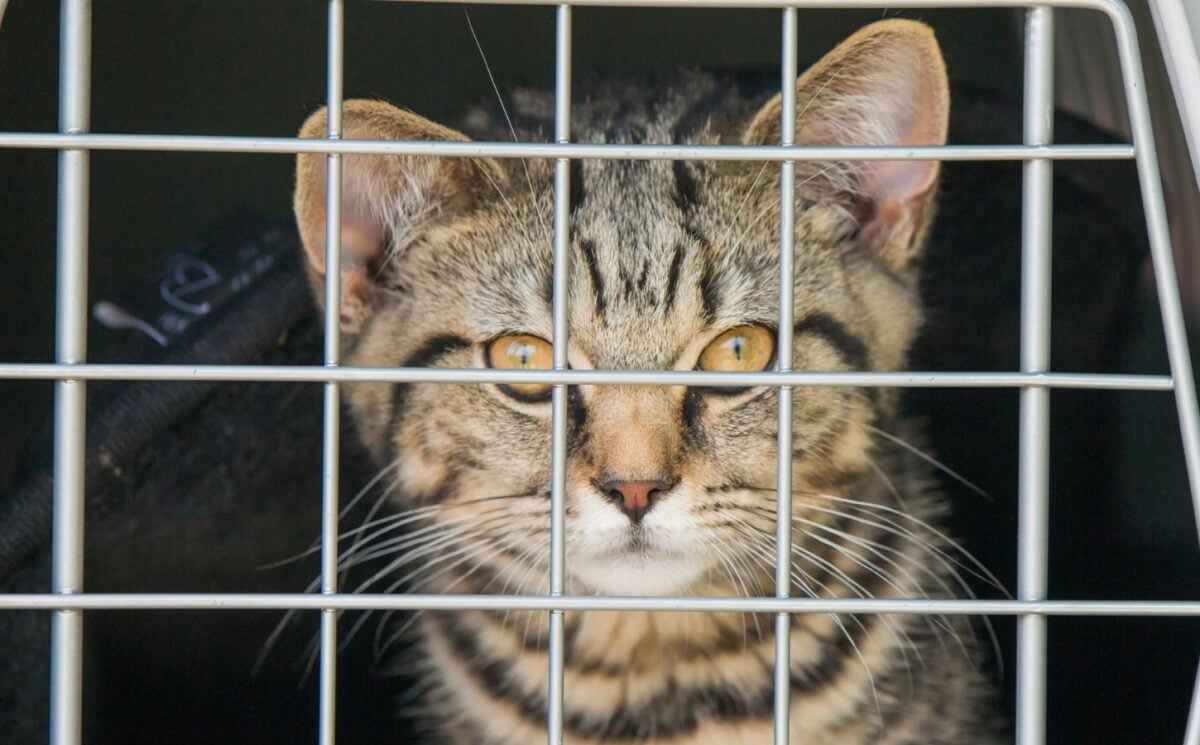At least 14 cats are now sick or dead from a multi-state outbreak of H5N1 bird flu in the US.
The Federal Food and Drug Administration (FDA) has said cats became ill after consuming raw animal products. The H5N1 virus is particularly lethal to cats, and the FDA plans to order the manufacturers of raw food for companion animals to take additional measures.
“The FDA is aware of reports of death or illness associated with uncooked food in 13 domestic cats in eight households, 1 exotic cat in one household, and an unknown number of animals at two sanctuaries for large felids,” said the FDA, as reported by CBS News.
The new feline cases were reported in California, Colorado, Oregon, and Washington State. It is not yet clear how the bird flu virus has spread to food for companion animals, however, a strain of bird flu detected in an infected cat – and raw food – was linked to a turkey flock.
Read more: Leading Veterinary Professor: ‘Vegan Diets Can Be Safe For Cats Too!’
Cat H5N1 genomes show ‘unique mutations’

The news about infected cats comes shortly after the first reported human death from H5N1 in the US. There have been 66 confirmed human cases so far, and infections are most common among dairy farmers and other agricultural workers.
H5N1 has now been detected in more than 200 mammals, including farmed cows, in addition to more than 13 million commercial and backyard poultry birds, like turkeys. In late December, zoos in Arizona, San Francisco, and Seattle reported infections and deaths among their resident animals, including exotic birds as well as a cheetah and a tiger.
At least 60 cats have tested positive for H5N1 so far. In 2024, 12 barn cats died after drinking unpasteurized milk from infected cows. While it has not yet been detected in US dogs, other countries have reported fatal canine cases of the highly transmissible virus.
The American Veterinary Association (AVMA) notes that signs in cats are currently better known, but if your cat or dog has a low appetite, inflamed eyes, difficulty breathing, lethargy, nose discharge, a fever, or other “neurological signs,” seek veterinary care.
According to the Centers for Disease Control and Prevention (CDC), the current public health risk remains low, with zero cases reported as spreading human-to-human. However, a 2023 study suggested that cat H5N1 genomes had “unique mutations,” suggesting that feline infections could help the virus adapt and “serve as a bridge” to other species.
Read more: Bird Flu Pandemic ‘Very Likely’, Warns Former CDC Director






